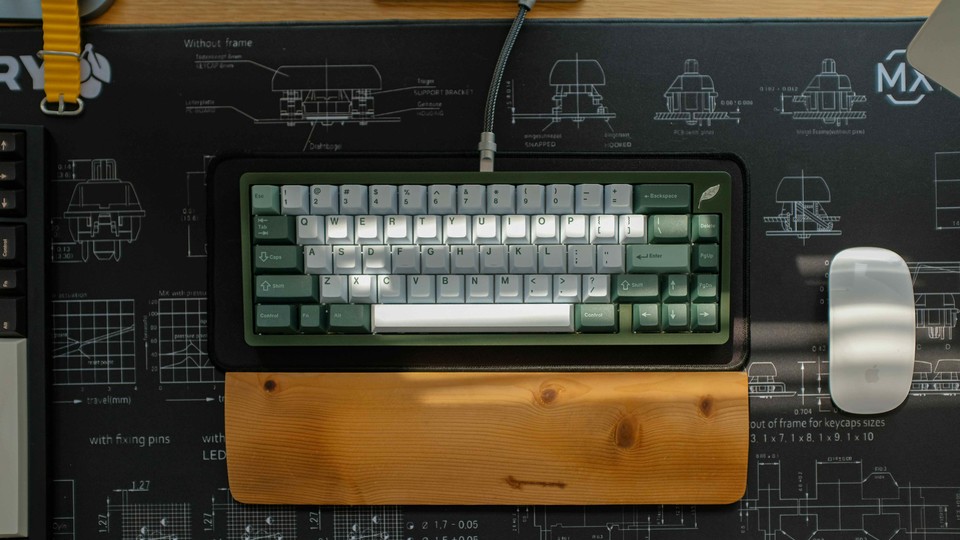
Roman Holiday
Why Living In A Foreign Country Is Like A Spa For The Mind
Based on research by Hajo Adam (former Rice Business professor), William W. Maddux and Adam D. Galinsky
Why Living In A Foreign Country Is Like A Spa For The Mind
- Living in and adapting to foreign cultures seems to facilitate creativity.
- People who have lived abroad are better able to discover links between ideas and come up with creative solutions to problems.
- Recreating multicultural experiences helps lead to creative breakthroughs.
Can eating good pizza and drinking copious amounts of red wine make you smarter? Likely not. You’ll probably just gain weight and end up hungover. But stick around Rome long enough to not only do as the Romans do, but understand why they do it, and you might end up with a real intellectual advantage.
Those are the findings of a former Rice Business professor Hajo Adam and his co-authors, William W. Maddux and Adam Galinsky. In a series of experiments, the researchers showed that moving abroad and learning a new culture is creatively broadening.
Moving to another country can be a shock. For some people, navigating different belief systems in a strange environment can be downright overwhelming, driving them to cling even more tightly to their own norms. But for those who adapt, the reward may not just be having more fun. It may also include the development of more multifaceted, complex thinking.
Indeed, the researchers note, adapting to a foreign culture demands the same psychological processes as creative thinking. Each time we learn our way around a new culture, we likely see our treasured assumptions challenged, integrate new ideas, make novel connections and glean new insights.
In China, for example, good manners require leaving a bit of food on your plate at the end of the meal; this indicates that the host has been generous. In the U.S., however, the same behavior may be considered rude, signaling that you didn’t like the meal enough to finish it. This nuanced frame of reference — understanding the various meanings possible in one scenario — creates an understanding that there’s more than one way to solve a given problem.
But it isn’t enough to book a hotel near the Trevi fountain and expect creative insights to ensue. Past neurological research shows that, for new knowledge to permanently imprint on the brain, we need to pay close attention and undergo repeated exposure to the new stimuli. Adam and his colleagues went a step further: Once multicultural learning experiences occur, they suggest, recreating these experiences should reactivate the cognitive map that led to creative breakthroughs.
To test those ideas, the researchers set up experiments designed to show that mentally recreating multicultural learning experiences enhanced difference types of creativity. Among these were the ability to solve the same problem in multiple ways, noticing underlying associations, and solving problems in a way that ignores typical frames — i.e. thinking outside the box.
In one experiment, all the participants had lived abroad, but only one set was asked to recall and write about something they learned from their contact with a foreign culture. Another set was asked to recall and write about something learned in their own culture. Afterwards, all participants completed a supposedly separate task, completing word fragment pairs. The conceptual challenge was to see whether the subjects could discover more than one match for the same word fragment.
As the researchers had predicted, the subjects who were primed by recalling multicultural experiences came up with more correct matches for the word fragments.
Adam and his colleagues then led experiments looking at the role of what is called “functional learning” in the equation of creativity and foreign experience. Functional learning is the process of learning about the underlying meaning of an observed or learned behavior.
In both studies, the researchers found that only when functional learning was combined with a multicultural context did it lead to more creativity in problem-solving.
In other words, it isn’t enough to fly to Rome, hop on a Vespa and nibble some gnocchi. The real cognitive leaps happen when you stick around long enough to learn what, when and how Romans do all the other things they do in daily life — and what it all means to them.
Hajo Adam is a former assistant professor of management at Jones Graduate School of Business at Rice University.
To learn more, please see: Maddux, W. W., Adam, H,. & Galinsky, A. D. (2010). When in Rome… Learn Why the Romans Do What They Do: How Multicultural Learning Experiences Facilitate Creativity. Personality and Social Psychology Bulletin, 36(6) 731-741.
Never Miss A Story


